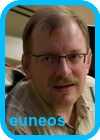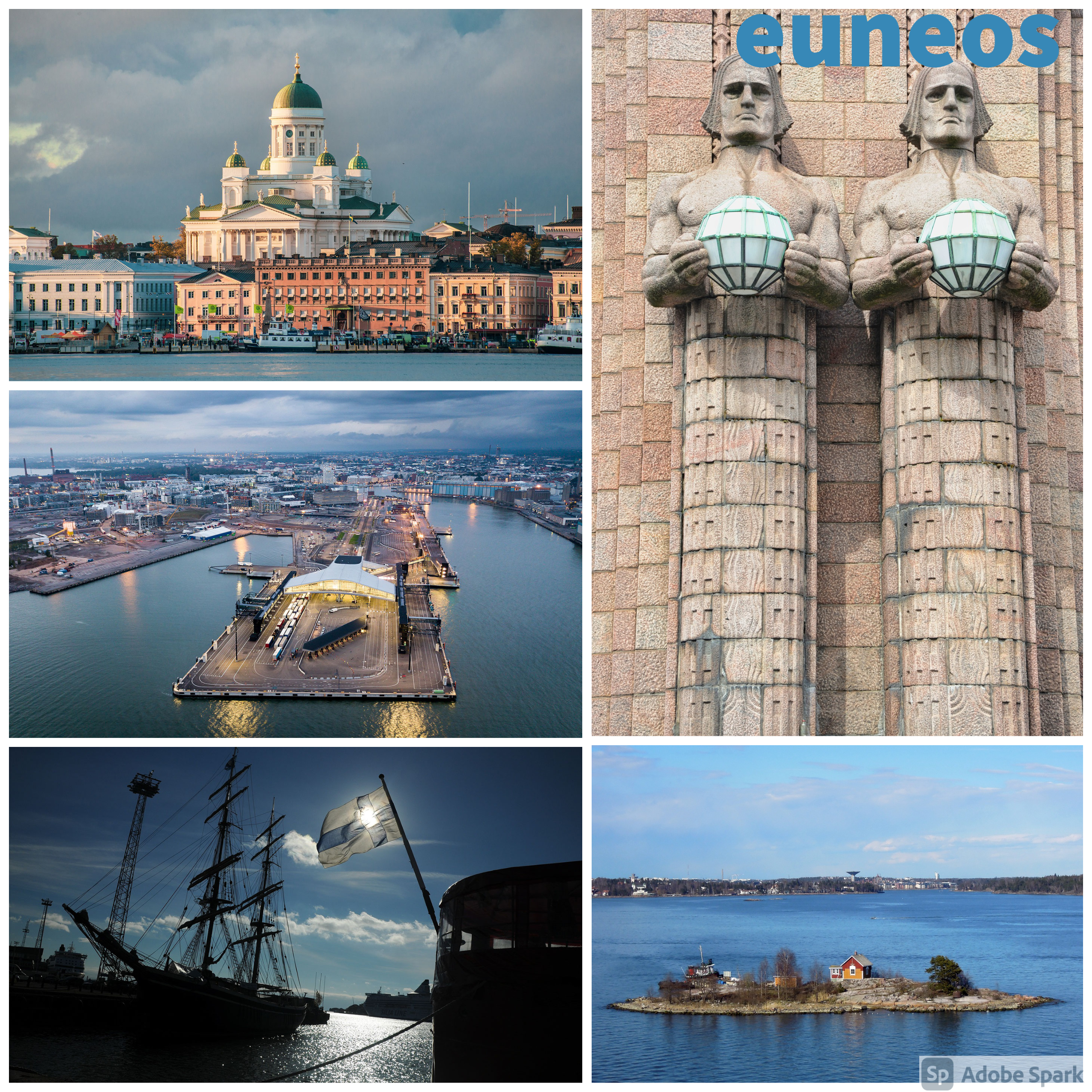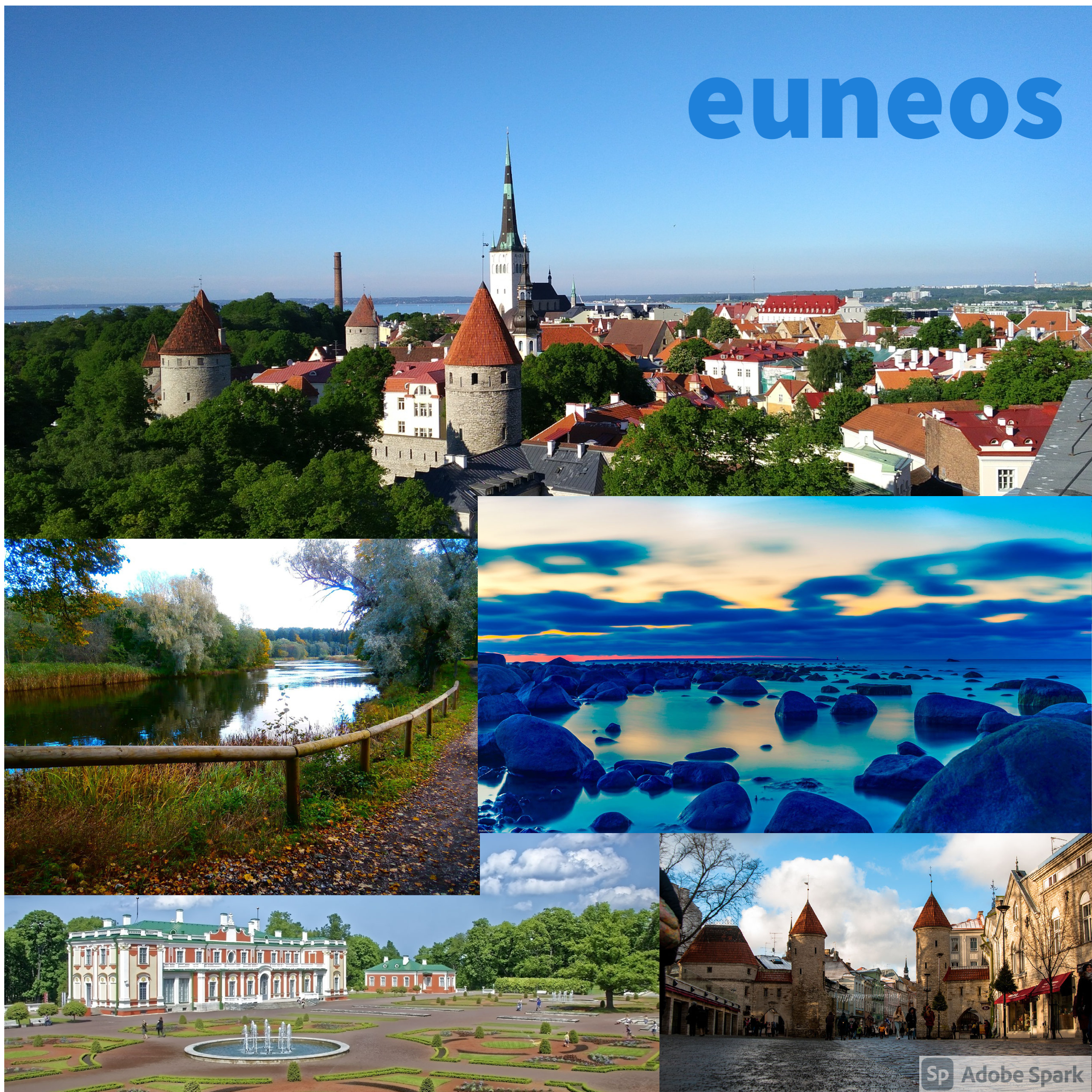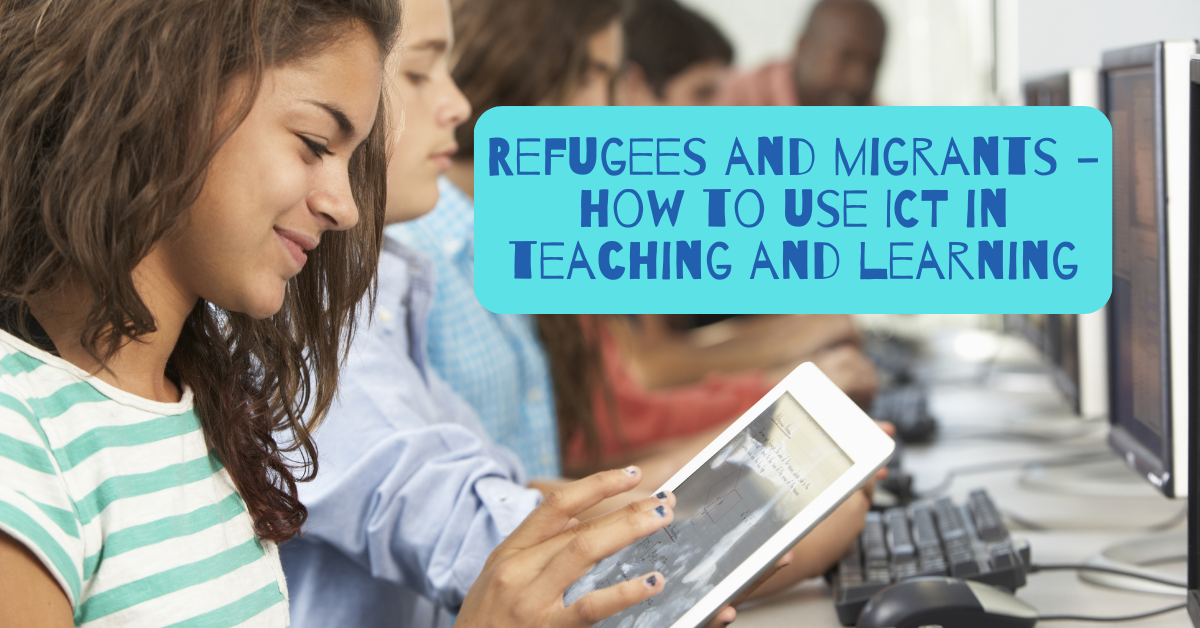.png)
Learn the latest skills
The European Commission added a new priority related to supporting those affected by the war in Ukraine by implementing, sharing and promoting inclusive pedagogical approaches and work-based learning practices. Refugees and Migrants - How to use ICT in Teaching and Learning offers innovative learning approaches for teaching migrant students. Furthermore, the course offers practice-based training in Finland, a country with real challenges of migrants’ integration. Target group of the course are managers of schools with migrant students, teachers / staff of vocational schools, educational policy experts and advisers in migrants’ issues, teachers of different subjects from all levels from preschool to high school, teachers of special needs, teacher trainers, careers officers and educational guides and counselors. In line with the newest priority, some of the main topics that the course covers, include: recognition and validation of competences of newly-arrived migrants, reception and individualization of learning paths for newly-arrived migrants, pedagogical approaches to advance with non-native speakers models and practical ways to support teaching - guiding migrants in studying and learning, Innovative learning approaches: simulation with work machines, eLearning with mobile devices, Camera-Pen pedagogy, virtual glasses supporting learning, Pedagogical possibilities and models for delivering interactive language exercises; the use of translator apps (Babylon, Google translate); creating e-materials for language learning including sound and video, e-flashcards and much more.
Upskill your organization
Target group are the school management, teachers, special education teachers and all other non-teaching experts and staff working in school education, adult education and VET.
The course covers a wide range of topics that schools need to consider and tackle when introducing/updating and securing digitalization in their school:
- Comparison of situations in Finland and in the countries of participants on how to share knowledge about the situation, raise awareness and enable a more informed opinion, tackle with social, psychological and legal issues, promote understanding for diversity and for European values.
- Recognition and validation of competences of newly-arrived migrants.
- Promoting migrant’s employment and acquisition of jobs; a guidance and training model to be implemented in networking and community-building activities.
- Reception and individualization of learning paths for newly-arrived migrants.
- Pedagogical approaches to advance with non-native speakers models and practical ways to support teaching - guiding migrants in studying and learning.
- Innovative learning approaches: simulation with work machines, eLearning with mobile devices, Camera-Pen pedagogy, virtual glasses supporting learning.
- Possibilities for creating and delivering e-material for language learning by using m-devices (smartphones, tablets, laptops).
- Pedagogical possibilities and models for delivering interactive language exercises; the use of translator apps ( Babylon, Google translate); creating e-materials for language learning including sound and video. (e-flashcards).
The course methodology aspires creating an output. Individual or team work on learning diaries, blogs and Social media. Producing recommendations to be used in one’s own school and network. Participants learn by following lectures, observing, working ‘hands on’, sharing experiences and expertise about the topics, discussing in sessions and workshops.
Earn a certificate
The course participants will get a Certificate of Active Attendance.
The competences acquired will be validated by the course organisers on the Europass mobility.
What makes Euneos the leading course provider in Europe?
Euneos consistently rises to the challenge, empowering our clients with a wide selection of outstanding courses. We're committed to delivering excellence that meets the Quality Standards for courses under Key Action 1 and Rules of application, Annex I - Erasmus Quality Standards, as required by the European Commission.
On-site courses
Refugees and Migrants - How to use ICT in Teaching and Learning on-site courses take place in Helsinki/Vantaa, Finland. Refuges and Migrants - How to use ICT in Teaching and Learning are 7 day courses that start on Sunday afternoon and end on Saturday at 13:00 o'clock.
> on-site course programme
> planned courses
- Tailor-made courses available on demand.
Contact us to arrange your training at courses@euneos.eu
> course fees
Euneos has an international team of trainers who are the most experienced in the field of their expertise. Meet Euneos' trainers for the Refugees and Migrants - How to use ICT in Teaching and Learning course:
Main organiser / trainer

Mart Laanpere, PhD
- Professor at Tallinn University, Estonia
- Head of the R&D Centre for Educational Technology in Tallinn University
- Former mathematics and physics teacher and school principal
- Member of board of course provider Euneos, Finland
After working as a mathematics & physics teacher and school principal, he has been involved in teacher education and educational technology research for last 20 years. Mart has been contributing to international research projects focusing on the use of mobile technology and social software in teaching and learning. He is coordinating the training of school teams in the project “Digital Turn towards 1:1 Computing” funded by Samsung (www.samsungdigipoore.ee); and expert in school digital innovation and change.

Tuovi Ronkainen
- Former principal of Akaa Secondary School
- Student in University of Turku (futures studies), future coach
- Biology and geography teacher
- Project Ambassador of ESHA (European School Heads Association)
- Coordinator of Comenius and Erasmus+ projects in many schools
- Former network coordinator of Baltic sea Project (National Board of Education)
She has been working on many ecological projects both at the national and international levels. Her special area is future education: how to get a positive approach to the future and how to get the skills to solve wicked problems like climate change.
Euneos choice of venues is based on two essentials: delivering professionalism and assuring personal well-being in order to warrant enjoyable course experience.
Helsinki, Finland
> practical information (venue, accommodation, transport etc.)

Tallinn, Estonia
> practical information (venue, accommodation, transport etc.)


